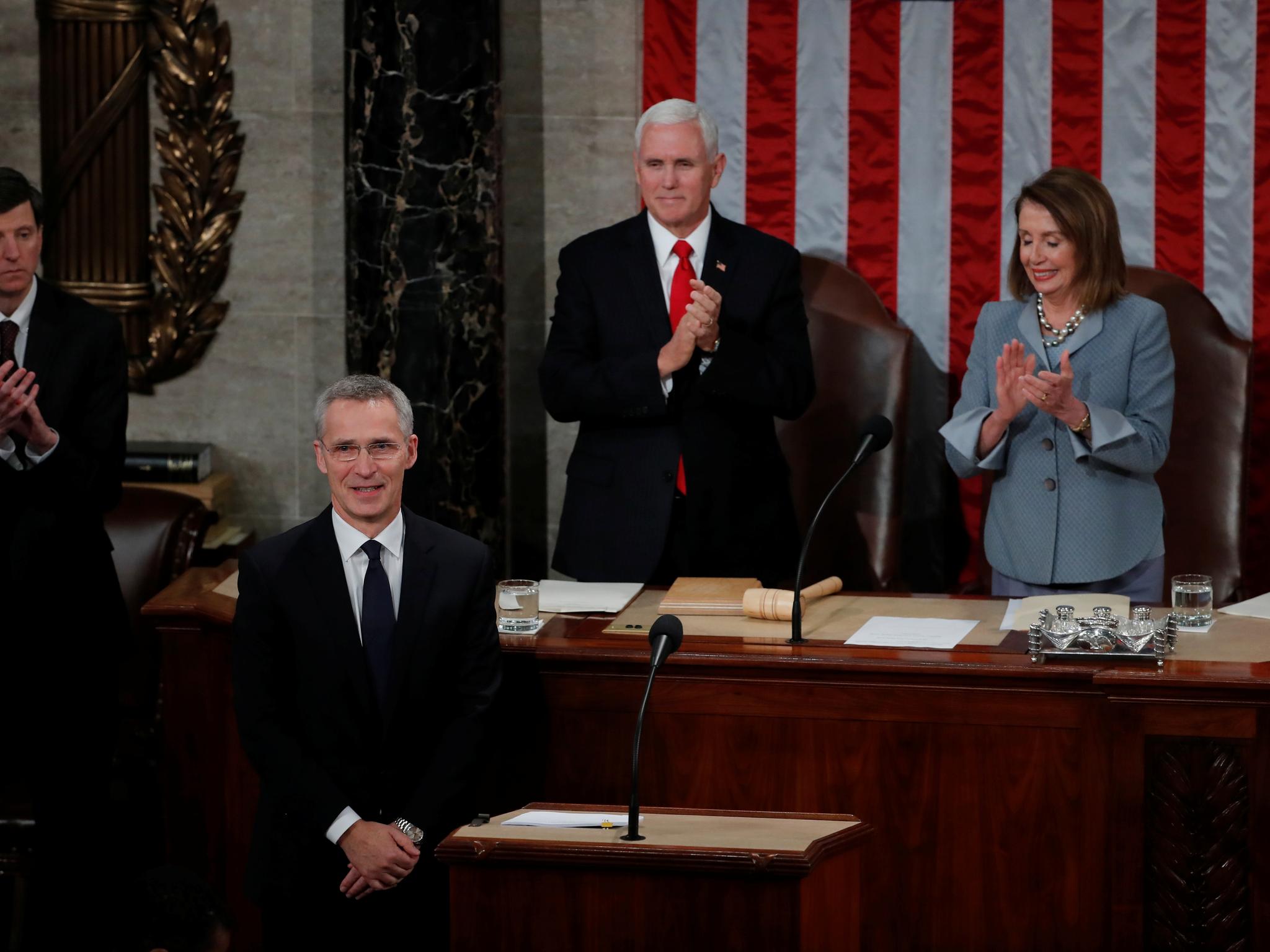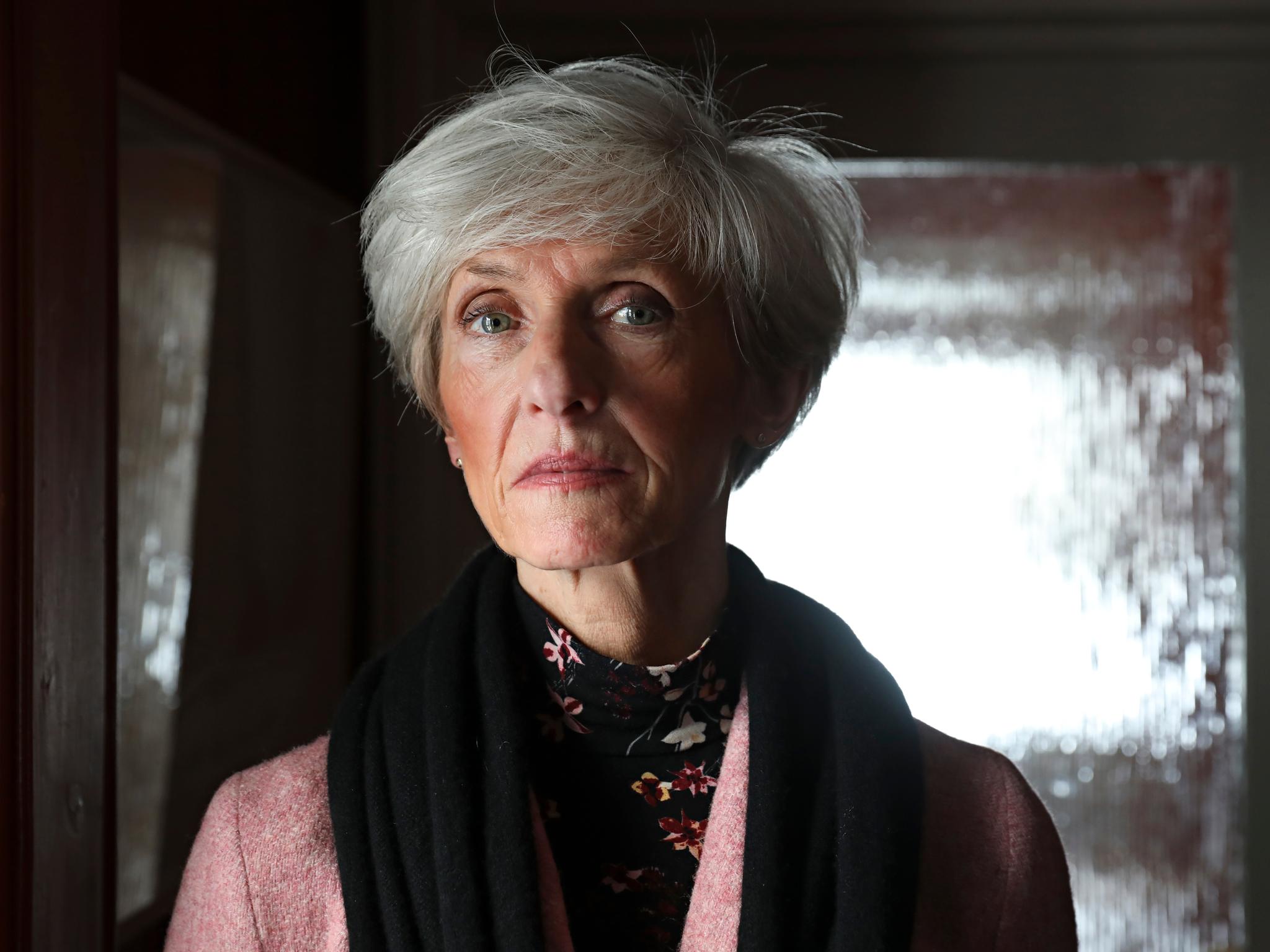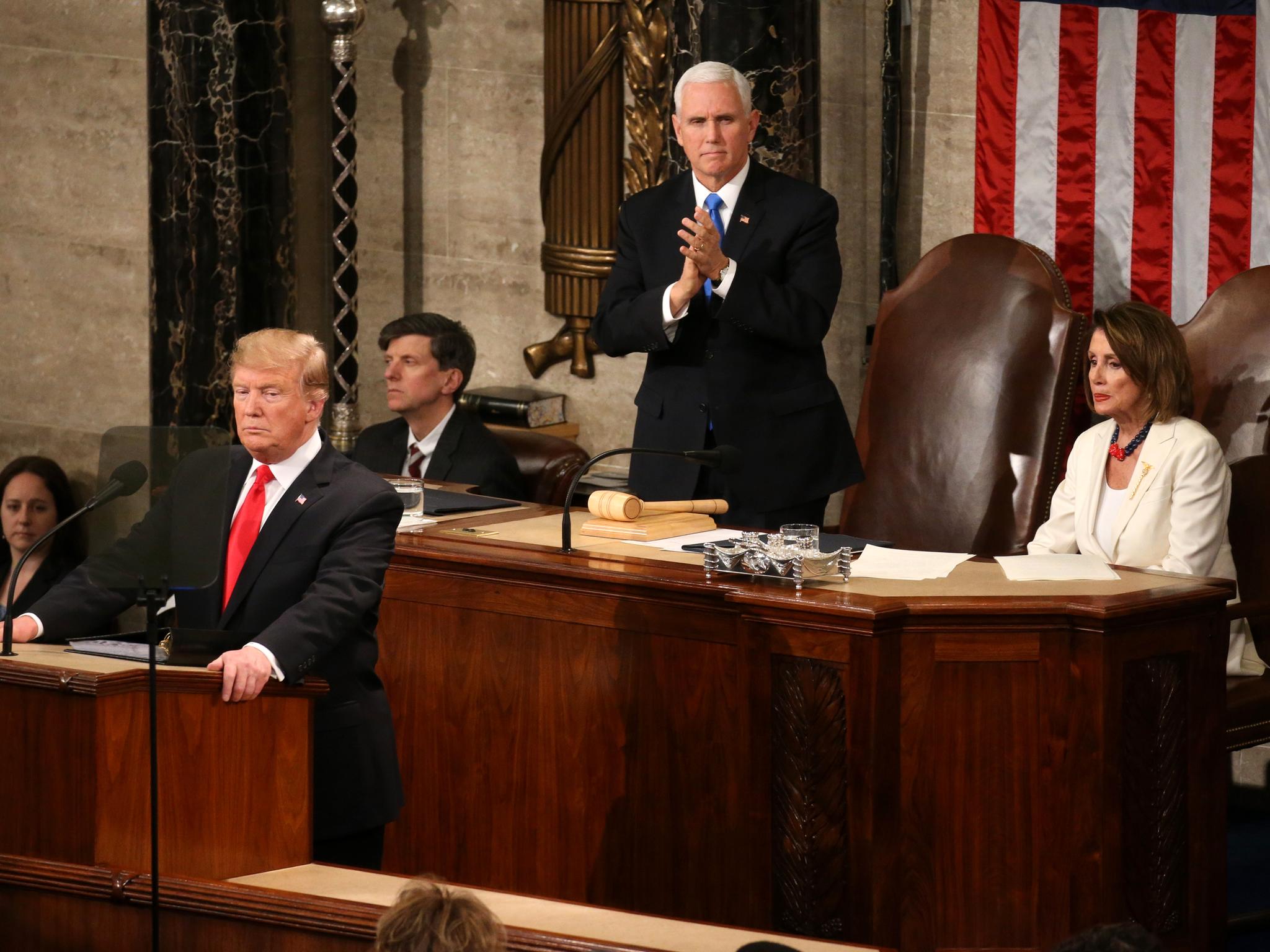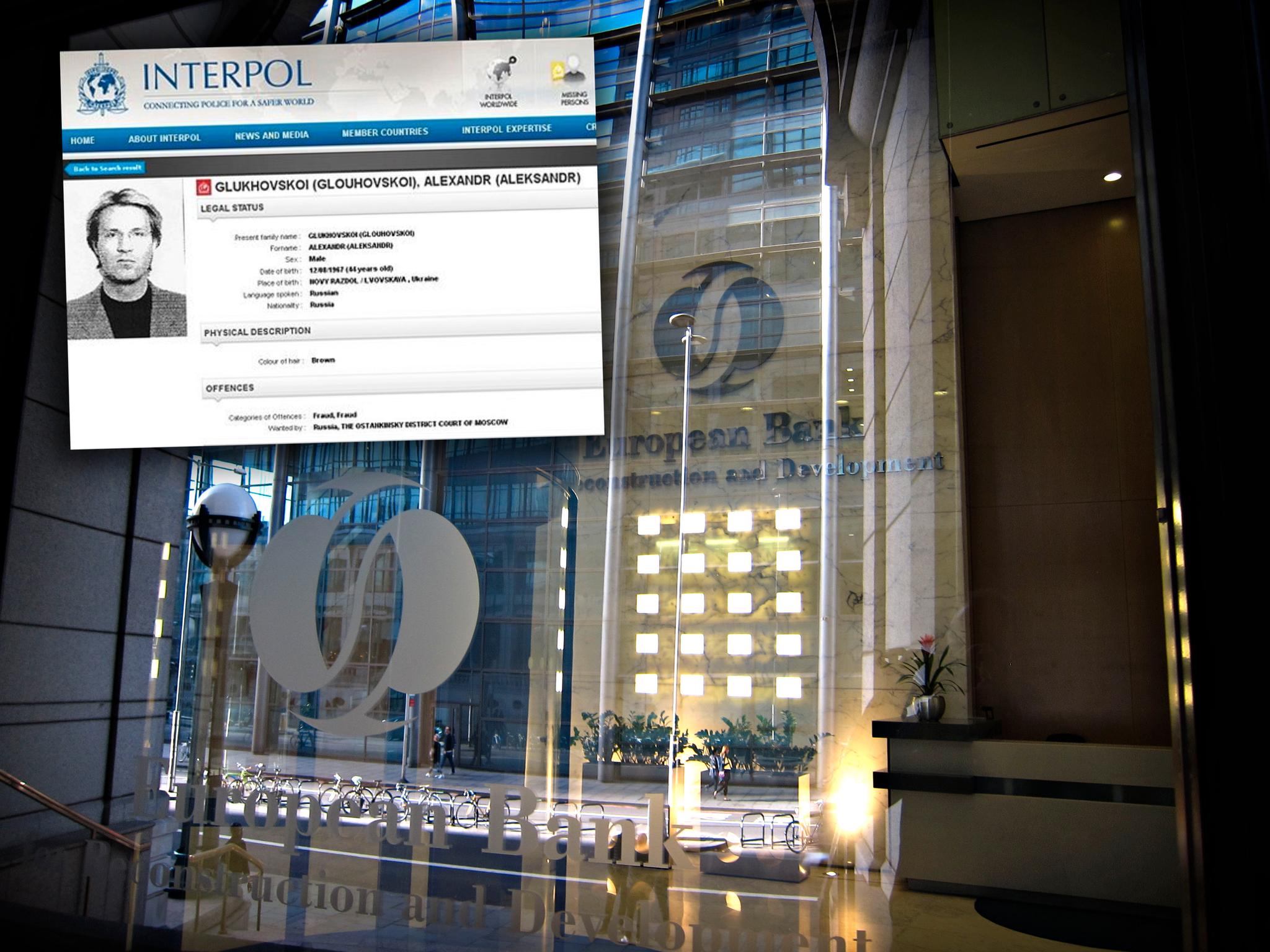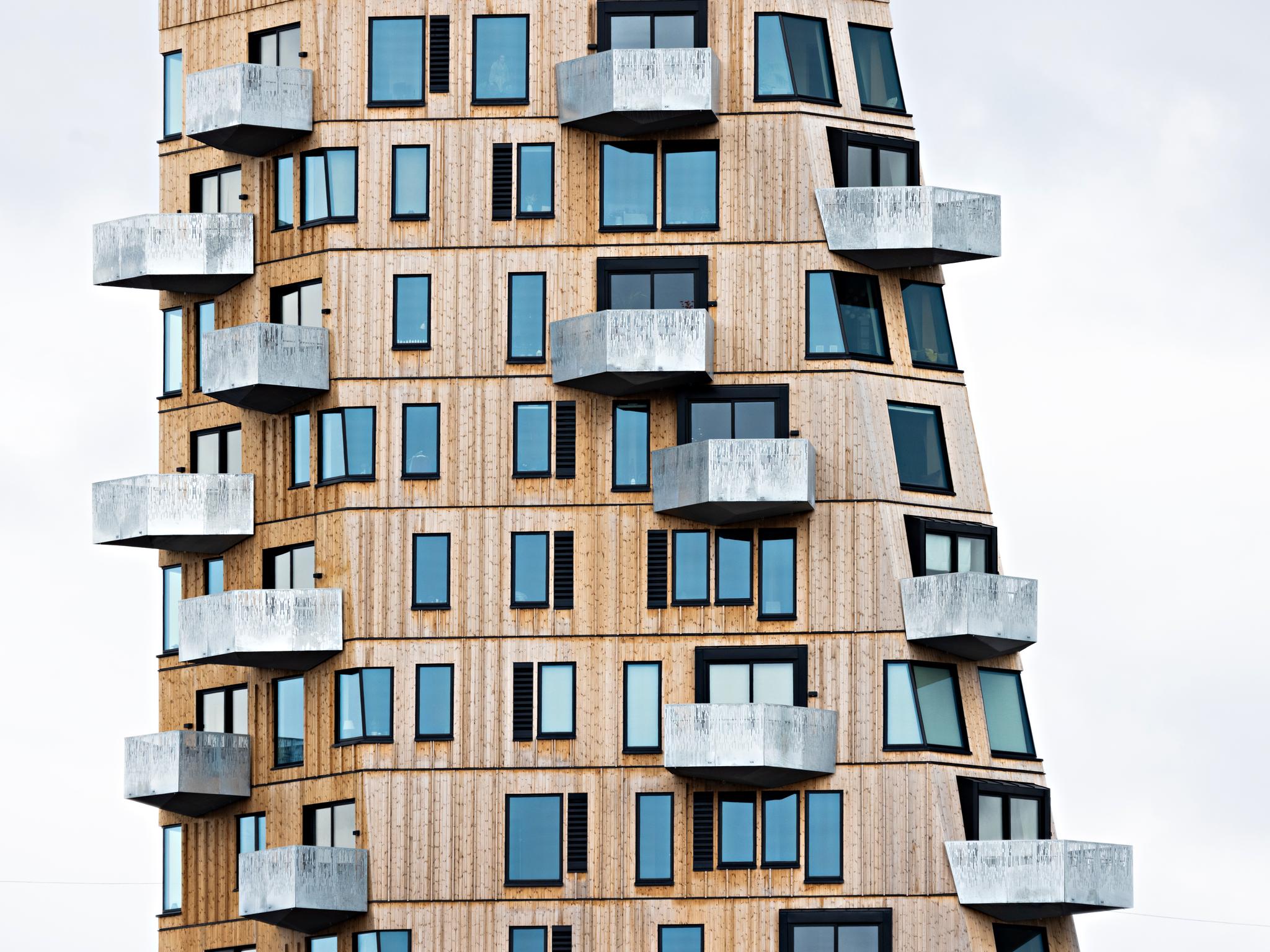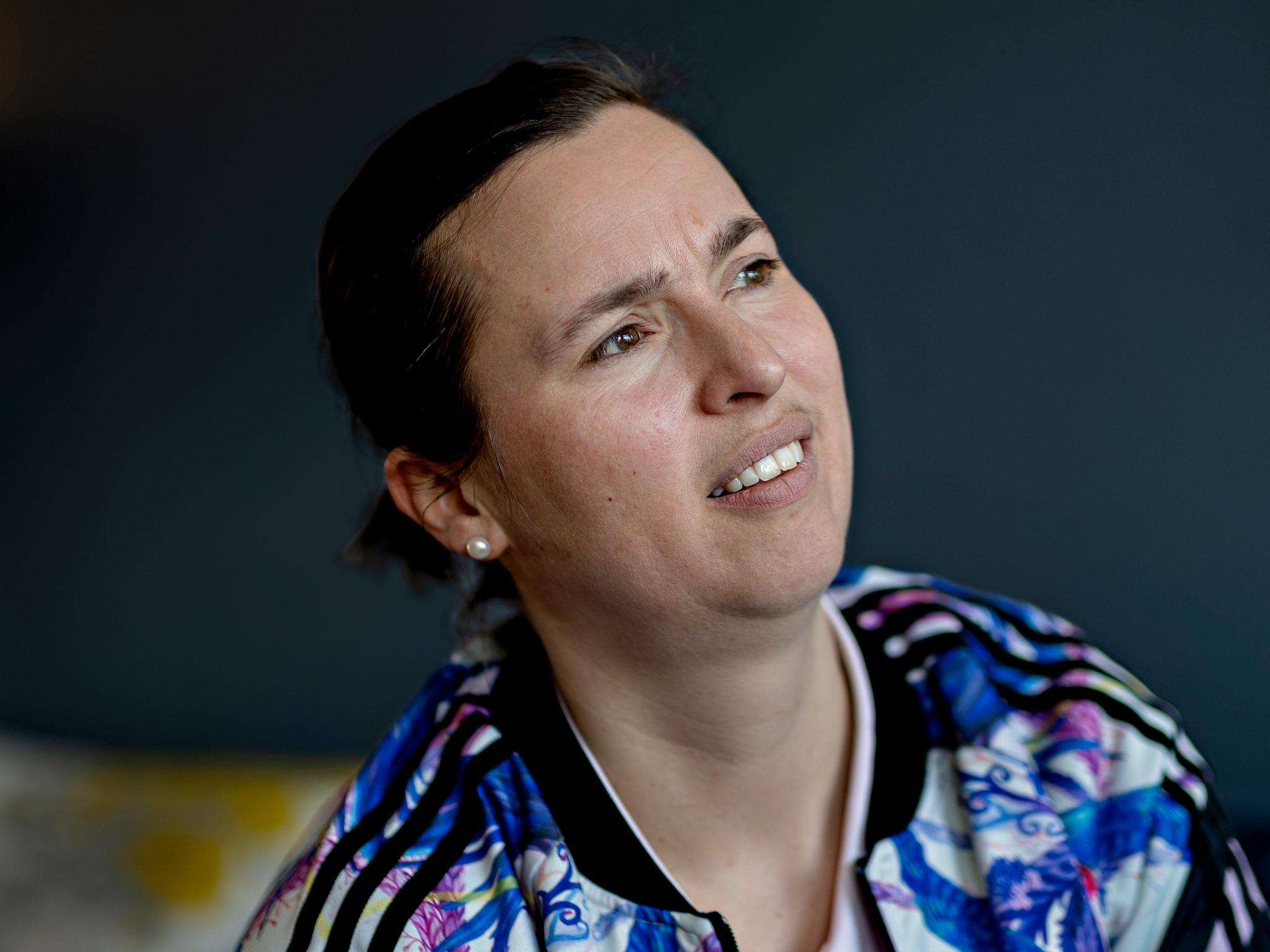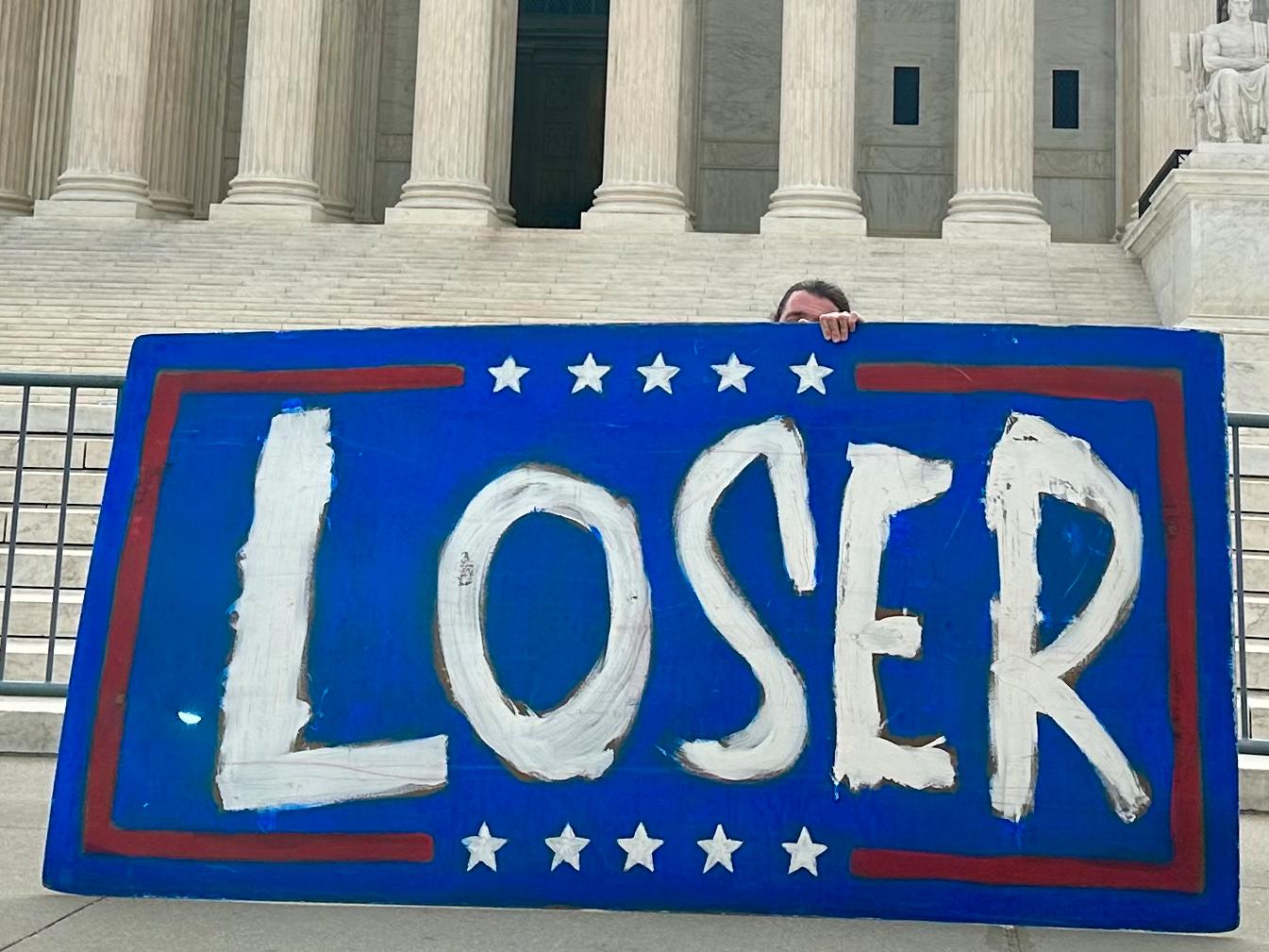28.10.2009: SAUDI SUCCESSION: CAN THE ALLEGIANCE COMMISSION WORK?
S E C R E T SECTION 01 OF 05 RIYADH 001434
NOFORN SIPDIS
E.O. 12958: DECL: 10/25/2019 TAGS: PGOV, PREL, PINR, SA SUBJECT: SAUDI SUCCESSION: CAN THE ALLEGIANCE COMMISSION WORK?
REF: A. RIYADH 1402 B. 08 RIYADH 1757
Classified By: AMBASSADOR JAMES B. SMITH, for reasons 1.4 (B) & (D)
SUMMARY
-------- 1. (S) Though often cast as one of King Abdullahs reforms, the Allegiance Commission established in 2006 actually codifies the familys traditional practices for choosing successors, with several refinements to address problems such as incapacitation of either King or Crown Prince. With members drawn from the sons and grandsons of founding King Abdulaziz, but with protocol strictly based on birth order, the Commission reflects the Al Saud consensus for managing the transition to the next generation. It is unlikely that the mechanism would be ignored, since its members constitute the core of the Kingdoms collective leadership, and it has the status of the Kingdoms other constitutional laws. Second Deputy Prime Minister Nayif is currently best-placed as a Crown Prince-in-waiting. Remaining likely candidates among his brothers include Riyadh Governor Salman, Royal Adviser Abdulilah, Riyadh Vice Governor Sattam, Vice Interior Minister Ahmed, and the youngest, GIP Head Muqrin. Though it is unclear who will emerge from among the next generation of princes to govern, the Commissions makeup suggests that the candidate will be drawn from among the princes already in senior government positions. There are few truly national leaders; the Al Saud system of balancing power among various princes makes it difficult for anyone to emerge from his fathers shadow. The selection process is not susceptible to external influence, but whoever emerges will likely have been educated in, and seek to advance Saudi interests by continuing the Kingdoms critical partnership with the U.S. End summary.
A COUNTRY IN TRANSITION
----------------------- 2. (C) (Kilde sladdet av Aftenposten) recently characterized Saudi Arabia as "a country in transition," facing many questions regarding its future. It was clear, he posited, that in ten years, there would be a new leader from the "new generation" of princes. What was so unsettling, he explained, was that "no one knows who this will be." Certainly the issue of succession in Saudi Arabia has given rise to an industry of royal-watchers and prognosticators. And certainly too, the appointment of Interior Minister Prince Nayif as Second Deputy Prime Minister in March 2009 and which positions him as a possible Crown Prince-in-waiting has not settled questions about the future. The King is 86, 84-year-old Crown Prince Sultan has been incapacitated by colon cancer, Nayif is 75 and has had his own health problems, and the youngest of the sons of Abdulaziz, Prince Muqrin, is 64. It is not clear, even to Saudis themselves, how the jump to the next generation will be managed, except that the King decreed procedures to decide succession with the 2006 promulgation of the Allegiance Commission Law. This message explains Embassy Riyadh,s understanding of the mechanism intended to ensure a smooth transfer of power from one generation of the ruling family to the next.
ALLEGIANCE COMMISSION: AL SAUD ARE US
------------------------------------- 3. (U) BASED ON TRADITION: The Allegiance Commission Law was touted by some foreign observers as a "reform" or innovation that reflected a desire on the part of King Abdullah to make the succession process more transparent. Some even went so far as to characterize the law as decreeing that the next king would be "elected" since members of the commission could vote to choose a candidate. However, the Al Saud themselves describe the Allegiance Commission as a codification of the unwritten rules that have governed the selection of Saudi rulers since the passing of King Abdulaziz in 1953. Though the country defines itself as a monarchy, in practice the sons of Abdulaziz have governed through a unique system of collective rule. This leadership, probably the worlds only system of government by half-brothers, is consensus-based and by nature cautious, conservative, and reactive. Though the 1992 Basic Law gave the King the sole power to appoint and relieve a Crown Prince, the process of selecting an heir always required extensive consultation with, and acceptance by, the familys senior members, usually brokered by one of the eldest. The Allegiance Commission Law formalized these traditional practices: the Commission is made up of the princes entitled to a claim to the throne, chaired by the eldest, with protocol determined strictly by birth order, empowered to select the next rulers from among the sons and grandsons of the founding King. While attributed to King Abdullah, the Commission actually represents the familys consensus plan for gradually transferring power from the sons of Abdulaziz to his grandsons.
- (C) SONS AND GRANDSONS ONLY: The law specifies that the King must formally seek the consent of the Commission to choose his successor. The Commissions 33 male members include 15 of the 16 living sons of the kingdoms founder; and one son of each of the 16 deceased sons with male heirs (the King selects the son or grandson who will represent each of his deceased brothers); and sons of both the current king and crown prince. (Members of the Commission are listed in paragraph 9.) Nineteen (19) members hold senior government positions, and they comprise, in effect, the Al Sauds managing board of directors. (NOTE: the Commission originally comprised 35 members; Fawaz bin Abdulaziz died without male heirs, and a replacement for the late Turki bin Faisal bin Turki bin Abdulaziz (I), the only great-grandson on the Commission, has yet to be appointed. End note.)
- (U) SELECTING A NEW HEIR: The law was envisaged to enter into force upon King Abdallah,s death, and does not explicitly address the situation of the death of the heir to the throne. However, based on Article 7, subparagraph B, which states that the King may ask the Allegiance Commission to nominate a suitable Crown Prince at any time, it is understood that if Prince Sultan were to die, King Abdallah would submit the name of a nominee for a replacement Crown Prince to the Commission for its approval.
- (U) THE KING PROPOSES: According to the law, the initiative for nominating a successor lies with the King, who can propose one, two or three candidates for Crown Prince to the Commission. Meeting behind closed doors and in deliberations kept secret, Commission members will attempt to reach consensus on the Kings nominee. If this is not possible, the Commission may reject the Kings nominees and propose its own candidate, whose qualifications must satisfy conditions stipulated in the Basic Law, i.e., be the "most upright" among the descendants of the founder king, rather than the most senior. If the King rejects this nominee, the Commission would vote by secret ballot to decide between its candidate and the Kings candidates.
- (C) NO TRANSPARENCY: The eldest prince present --currently, Prince Mishal bin Abdulaziz-— presides as chairman of the Commission, with the next eldest serving as his deputy. A secretary general, currently Royal Diwan Chief Khalid al-Tuwajeri, is responsible for managing the procedures and ensuring that a written record will be kept of the Commissions discussions. The law stipulates that this record should remain secret and that a single copy be kept on the premises of Commission offices, the only place members could read it. Any changes to the succession law proposed by the King must be agreed to by the Commission.
- (U) TRANSITION RULE: Article 10 of the law directs that the commission establish a 5-member Transitory Ruling Council to temporarily run the country in the event that the King and Crown Prince were to die simultaneously or both become incapacitated. As far as Embassy is aware, the members of this council have not been publicly announced, and may not have been selected. The Law does not specify procedures for selecting the 5 members. The Allegiance Commission can summon a medical committee to determine if a king or crown prince is able to rule. The membership of the medical committee includes, among others, the court physician and the deans of three Saudi medical schools. A king and or crown prince can be declared medically unfit either temporarily or permanently. If both a king and his crown prince are determined to be unfit to rule, or they somehow die at the same time, the five-member Transitory Ruling Council will manage the government for a maximum of one week until the full commission selects a new monarch. This Transitory Ruling Council will not have powers to amend the basic law, dissolve the government, or change the ruling infrastructures in any way.
WHO ARE THE KINGMAKERS?
----------------------- 9. (U) THE KINGMAKERS, AKA COMMISSION MEMBERS: The members of the Allegiance Commission, in protocol (i.e., birth) order, are:
(# 1) Mishal bin Abdulaziz, Chairman (# 2) Abdulrahman bin Abdulaziz (Vice Minister, Defense) (# 3) Miteb bin Abdulaziz (Minister, Public Works) (# 4) Talal bin Abdulaziz (# 5) Badr bin Abdulaziz (Adviser to the King) (# 6) Turki bin Abdulaziz (# 7) Nayif bin Abdulaziz (Minister of Interior) (# 8) Salman bin Abdulaziz (Governor of Riyadh) (# 9) Mamdouh bin Abdulaziz (#10) Abdulilah bin Abdulaziz (Adviser to the King) (#11) Sattam bin Abdulaziz (Vice Governor of Riyadh) (#12) Ahmed bin Abdulaziz (Vice Minister of Interior) (#13) Mashhoor bin Abdulaziz (#14) Hazloul bin Abdulaziz (#15) Muqrin bin Abdulaziz (Director, Intelligence) (#16) Muhammad bin Saud bin Abdulaziz (Governor, Al Baha) (#17) Khalid Al-Faisal bin Abdulaziz (Governor, Mecca) (#18) Muhammad bin Saad bin Abdulaziz (Interior Ministry Adviser) (#19) Muhammad bin Nasser bin Abdulaziz (Governor, Jizan) (#20) Faisal bin Bandar bin Abdulaziz (Governor, Qassim) (#21) Saud bin Abdulmuhsin bin Abdulaziz (Governor, Hail) (#22) Muhammad bin Fahd bin Abdulaziz (Governor, Eastern Province) (#23) Khalid bin Sultan bin Abdulaziz (Assistant Defense Minister) (#24) Talal bin Mansur bin Abdulaziz (#25) Khalid bin Abdallah bin Abdulaziz (#26) Muhammad bin Mishari bin Abdulaziz (#27) Faisal bin Khalid bin Abdulaziz (Governor, Asir) (#28) Badr bin Muhammad bin Abdulaziz (#29) Faisal bin Thamer bin Abdulaziz (#30) Mishaal bin Majid bin Abdulaziz (Governor, Jeddah) (#31) Abdallah bin Musaid bin Abdulaziz (#32) Faisal bin Abdulmajid bin Abdulaziz (#33) Abdulaziz bin Nawaf bin Abdulaziz
NOTE: Prince Turki bin Faisal bin Turki bin Abdulaziz (I) died; appointment of a replacement would increase the members to 34.
WILL IT WORK?
------------- 10. (U) While untested in its current form, the Allegiance Commission represents a refinement of the practices through which the Al Saud have historically ensured smooth transitions of power. Some of its provisions provide solutions to past challenges. Rules for dealing with incapacitation are stipulated, and a procedure to handle the deaths of both King and Crown Prince has also been clarified. Some observers question whether this mechanism would be invoked, but its status as a basic law of the Kingdom makes it difficult to challenge or ignore. Even more importantly, its members include the royal familys key decision makers. It is therefore highly unlikely that they would ignore its provisions, especially in a crisis. The Allegiance Commission provides assurances -- as well as a warning -- on the continuity of Al Saud rule as it moves beyond its current iteration of rule by half-brothers.
AND THE NOMINEES ARE?
--------------------- 11. (C) SENIORITY COUNTS: The Allegiance Commissions official protocol order confirms order of birth, a key, though not the only, qualification for eligibility. The rank ordering extends to grandsons of Abdulaziz, suggesting that birth-order, and not father, establishes the pecking order in the next generation. And although the basic law stipulates that the King and Crown Prince should be "the most upright" among the princes, and not simply the eldest, senior-ranking princes must give their assent to the appointment of a junior sibling. They also give up any claim to the throne, and eligibility progresses to younger princes, as in the case of Mishal (the current Chairman of the Allegiance Commission), who was passed over in favor of Sultan. If Second Deputy Prime Minister Nayif were to be appointed Crown Prince (ref b), then Abdulrahman (his elder full brother), Miteb (who is a full brother of passed-over Mishal), Talal, and Badr would similarly have to relinquish their claims to succession.
- (C) REMAINING SONS: In addition to Nayif, there would be only five likely "eligible" candidates among the remaining sons of Abdulaziz: Riyadh Governor Prince Salman (b. 1935); Royal Adviser Prince Abdulilah (b. 1938); Riyadh Vice Governor Prince Sattam (b. 1942); Vice Minister of Interior Prince Ahmed (b. 1942); and GIP Director Prince Muqrin (b. 1945). Salman would be the most logical next candidate, were it not for the fact that he is Nayifs full brother. If past history is any guide, the rest of the family could balk at the prospect of two successive Sudayri kings if Nayif wound up as king. While Abdulilah is next by virtue of seniority, his ill-starred government career (he was twice removed from governorships) leaves questions about his competency. Sattam is a dark-horse candidate who has only just begun to raise his profile during the year-long absence of Prince Salman. Ahmed has operated in Nayifs shadow as Vice Minister of Interior - the youngest of the so-called "Sudayri Seven," his candidacy might provoke objections from those opposed to further concentrating that factions power. Last, but not looming least, stands Prince Muqrin: head of Saudi intelligence, enigmatic, constant companion of the King, and hitherto deemed unsuitable because of his "Yemeni" mother. (Comment: We suspect that when the time comes, his mothers origins will no longer be an impediment. End comment.)
- (C) AND THE GRANDSONS? But who among the next generation of Al Saud -- who in reality are mostly well into middle age themselves -- will emerge as King? Most senior among the grandsons on the Allegiance Commission is Al Baha Governor Mohammed bin Saud (born in 1934), followed by Mecca Region Governor Khalid Al-Faisal (born in 1940). If they are too old to be viable candidates when the time comes, presumably other members of the Commission who also hold government positions would also be considered, such as Khalid bin Sultan, born in 1947. Beyond these, however, the field of qualified grandson-candidates would appear limited. None of the other members of the Allegiance Commission have national leadership credentials, though six are provincial governors. Outside the Commission, grandsons who have ascended to national leadership positions are few. Only two are ministers: Saud Al-Faisal (1940), and Abdulaziz bin Fahd, a minister without portfolio, among the youngest, born in 1973. The circle of those holding ministerial rank is somewhat larger, and include governors and advisers such as Sultan bin Fahd (1952), President of Youth Welfare; Deputy SANG Commander Miteb bin Abdullah (1953); Abdulaziz bin Abdullah (1962), an adviser to the King; and Tourism Head Sultan bin Salman (1956). Other influential contenders include Assistant Interior Minister Mohammed bin Nayif (1958), Assistant Petroleum Minister Abdulaziz bin Salman (1960), Deputy GIP Chief Abdulaziz bin Bandar (1951); and Mansur bin Miteb (c1950), Assistant Minister of Public Works.
- (C) MAINTAINING THE BALANCE OF POWER: The dearth of national figures among the next generation of Al Saud is striking and reflects the centralization of power and reluctance among senior princes to delegate or groom successors other than their own sons; each branch of the family has developed or been consigned to a particular fiefdom that is difficult to grow beyond. This maintains a balance of power among the princes but hampers the development of national leaders. It also makes it very difficult for any king to redistribute portfolios. One question that looms large is who will replace Crown Prince Sultan as Minister of Defense when he finally passes from the scene. His full brother Abdulrahman is the Vice Minister, and his son, Khalid bin Sultan, is Assistant Minister. It would be difficult to promote a grandson to so powerful a position without similarly elevating others, but it might prove even more difficult to give the portfolio to another prince. The position of foreign minister is equally problematic: the incumbent should almost certainly be a royal, but few have the qualifications, and foreign policy has always been considered the purview of the Al Faisals.
SHOULD THE U.S. CARE?
-------------------- 15. (S/NF) Between King Abdulazizs less-than-well-born youngest son and the next generation lies a chasm of uncertainty that the Allegiance Commission is designed to bridge. This mechanism will likely produce successors to Sultan, Nayif and beyond. No doubt the jockeying has been under way for some time, though it is a campaign that will take place entirely behind closed doors, subject only to the Al Saud,s unique, opaque, and tribal rules for consensus building. The process has been historically impervious to outside interference. If history is any guide, the candidate who emerges will be able to count on the support of his brethren, and his first priority will be consolidating his position to ensure continuation of Al Saud rule. Beyond that, like all of his predecessors, he will seek to protect Saudi interests through his Kingdoms critical partnership with the United States. In fact, the "new" generation of princes may be more inclined to do so than the current one. Speculating on candidates for future King among the grandsons of Abdulaziz, (kilde sladdet av Aftenposten) remarked that whatever the differences among them, nearly all shared a common experience of having studied in, and therefore being favorably disposed towards, the United States. Given U.S. equities in Saudi Arabia, our primary concern in the short term will be supporting a process that ensures stability and broad engagement rather than focusing on individual leaders. Over the longer term, stability in Saudi Arabia will depend on the Al Sauds ability to meet and surmount social and economic challenges presented by a growing population and a dangerous neighborhood. SMITH
